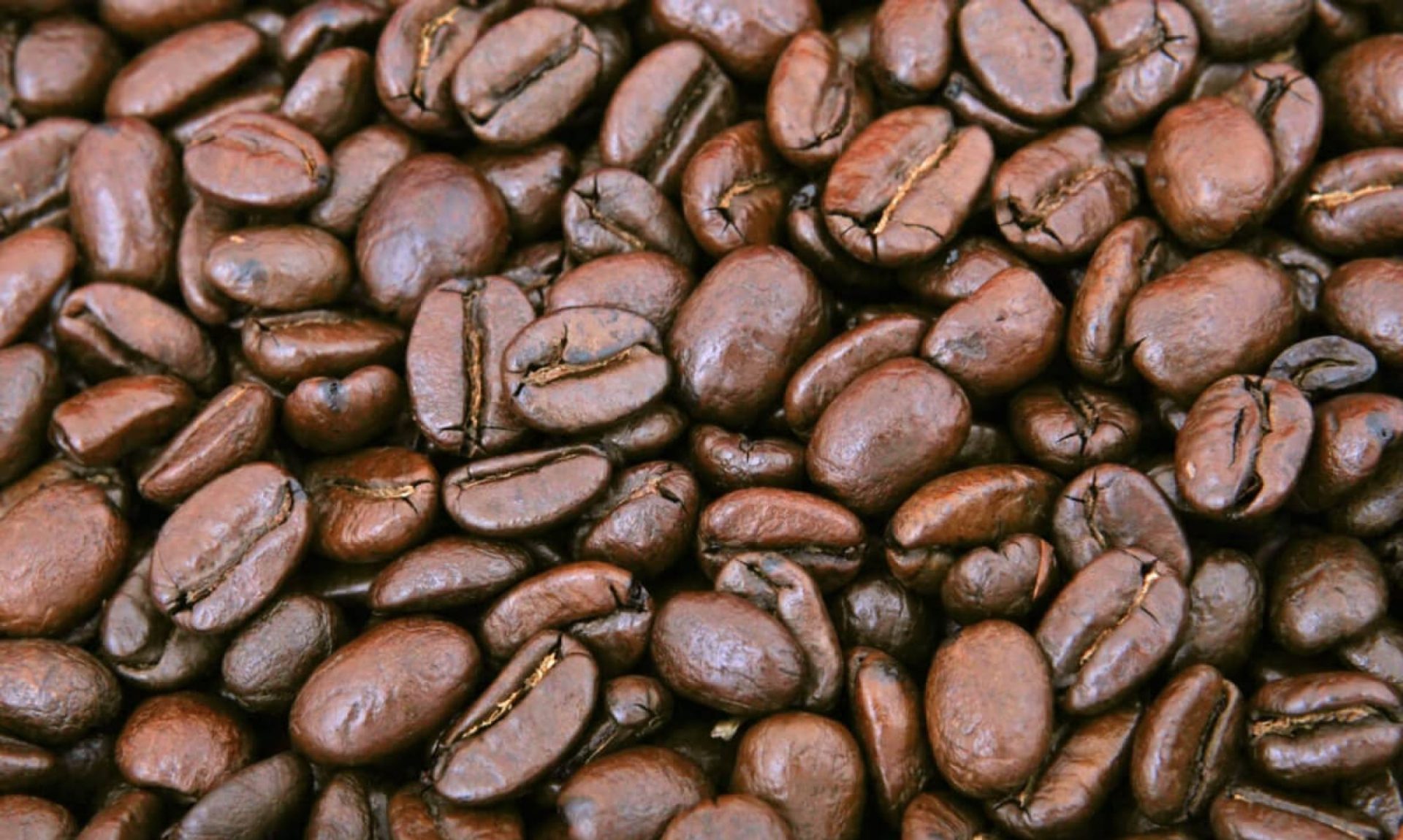When it comes to brewing that perfect cup of coffee, we often focus on beans, grind size, or brewing methods, but one of the most crucial factors—the temperature of the water—is frequently overlooked. Temperature isn’t just about making coffee hot; it profoundly influences taste, aroma, and even the caffeine content of the final cup. In this post, we’ll dive into how water temperature impacts the experience of your morning brew and uncover the ideal range for different flavors and caffeine extraction.
1. The Science of Water Temperature in Coffee Brewing
Water temperature plays a fundamental role in extracting the soluble flavors, oils, and compounds in coffee grounds. Too hot or too cold, and the balance of extraction shifts, which can lead to an imbalanced cup.
- High Temperature (>205°F / 96°C): Water above this range extracts flavors and compounds very quickly. While this may sound like a good thing, it often leads to over-extraction, causing bitterness, harsh flavors, and astringency.
- Low Temperature (<195°F / 90°C): Cooler water, on the other hand, can result in under-extraction, leaving the coffee weak, acidic, or sour. Lower temperatures struggle to fully dissolve the flavorful compounds, so you might miss out on some depth.
2. Recommended Temperature Range: The Sweet Spot
The ideal water temperature for coffee brewing generally falls between 195°F and 205°F (90°C – 96°C). Within this range, water is hot enough to properly dissolve and extract desirable flavors, oils, and caffeine without burning the grounds or overwhelming their natural nuances.
The exact point within this range may vary slightly based on preference and coffee variety:
- 195°F – 200°F (90°C – 93°C): Perfect for light and medium roasts, which have more delicate, floral, and fruity notes. Lower temperatures help maintain these subtleties.
- 200°F – 205°F (93°C – 96°C): Works well with darker roasts that benefit from fuller extraction, as the higher temperature enhances their robust, deep flavors.
3. How Water Temperature Affects Coffee Taste
The temperature of your brewing water can dramatically influence the final taste profile of your coffee. Here’s how:
- High Water Temperature: Hotter water tends to pull out more of the soluble compounds quickly, which can result in a stronger, more robust flavor but may also bring out bitter notes if over-extracted.
- Lower Water Temperature: Cooler water extracts fewer of the compounds, which can lead to a smoother, sweeter taste with less bitterness. However, if the water is too cold, it may not fully extract all of the complex flavors, leading to a flat or sour taste.
Using the right temperature for each roast type allows for balance—preserving the brighter, acidic notes in lighter roasts or enhancing the caramelized, chocolatey flavors in darker ones.
4. Caffeine Content: Does Temperature Play a Role?
Yes, water temperature can influence the caffeine level in your cup, though the effect is subtle compared to taste. Hotter water generally extracts caffeine more efficiently, meaning that brewing closer to 205°F (96°C) can yield a slightly higher caffeine concentration.
However, other factors, such as brewing time, grind size, and coffee-to-water ratio, also significantly impact caffeine content. In practice, brewing with water between 195°F and 205°F will provide enough caffeine for most people without altering the taste balance.
5. Tips for Controlling Water Temperature
Achieving the right water temperature can feel like a balancing act, but here are some helpful techniques:
- Use a Temperature-Controlled Kettle: For precise control, invest in a temperature-controlled kettle. Many models allow you to set an exact temperature, which is ideal for pour-over and drip coffee methods.
- Check with a Thermometer: If you don’t have a controlled kettle, a digital thermometer can help you gauge water temperature before pouring it over the grounds.
- Boiling and Cooling: Boil the water and let it sit for 30-45 seconds to naturally drop into the ideal range, usually around 205°F.
6. Final Thoughts: Experiment to Find Your Perfect Brew
Ultimately, the “perfect” water temperature is subjective and depends on your coffee preference. For a bolder, stronger flavor, you may lean towards the upper end of the range. If you prefer a smoother cup with lighter notes, aim closer to 195°F. Adjusting even a few degrees can reveal different flavor profiles within the same coffee beans.
In coffee brewing, precision often leads to perfection, so experimenting with temperature is a worthwhile pursuit. With a little practice and perhaps a thermometer, you can unlock new depths of flavor and enjoy a truly exceptional cup of coffee every time.
